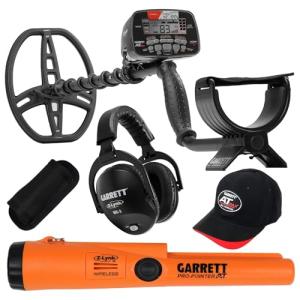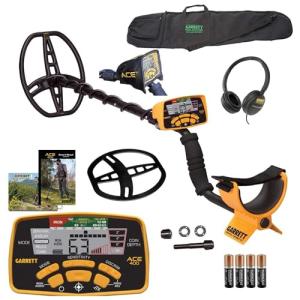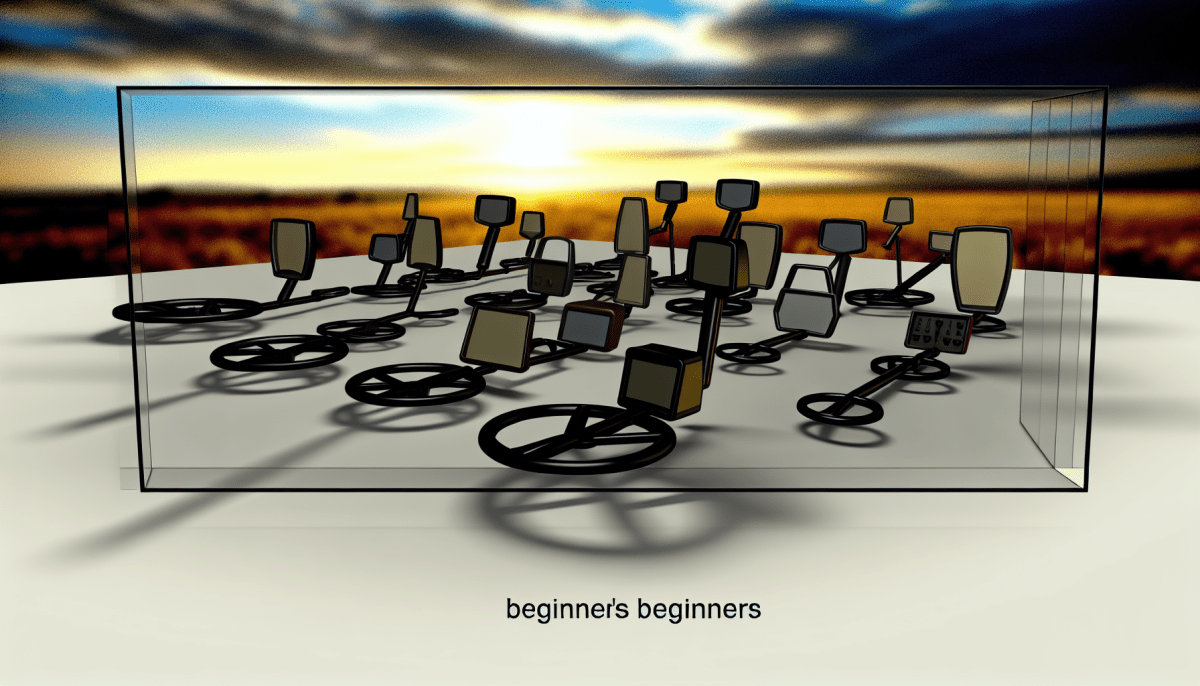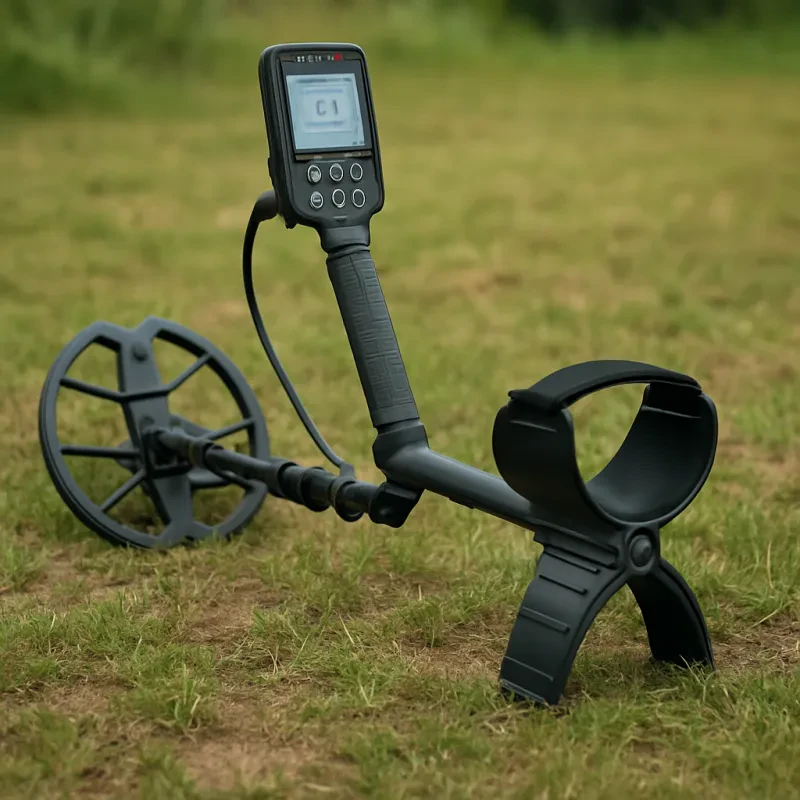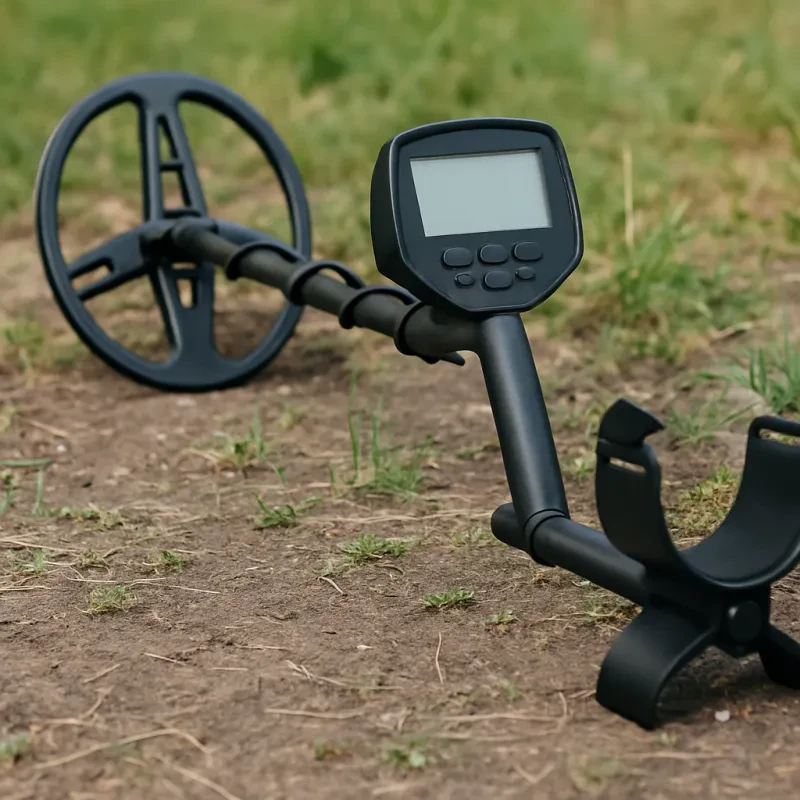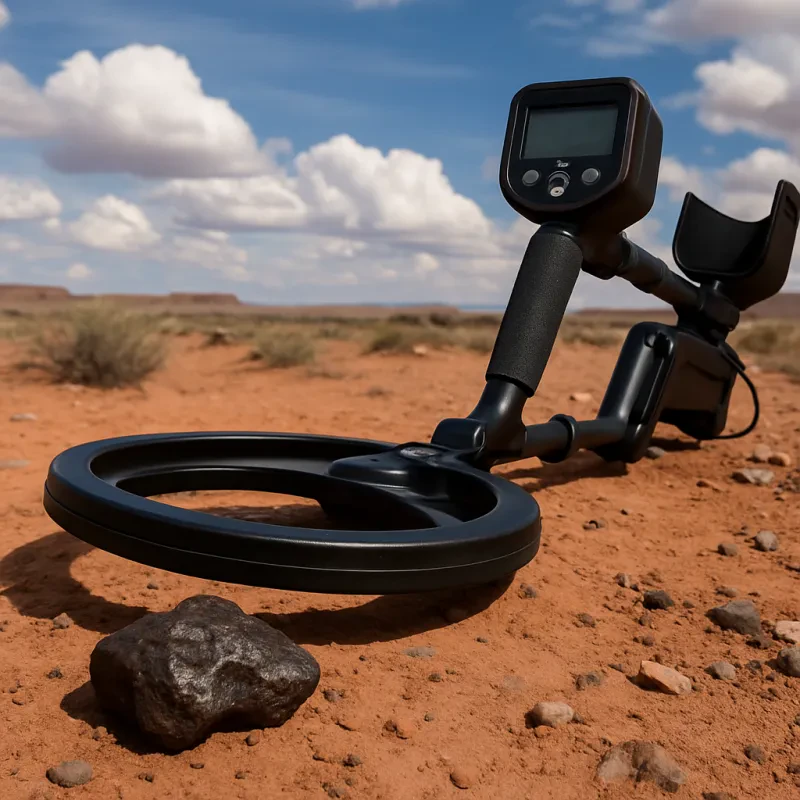Top Rated Metal Detectors for Beginners
Embarking on the exciting journey of metal detecting can be both thrilling and a bit daunting for beginners. Choosing the right equipment is crucial to ensure a satisfying experience right from the start. In this article, we'll explore the top rated metal detectors for beginners, discussing the pros and cons of each to help you make an informed decision. Whether you're looking to uncover hidden treasures or simply enjoy the outdoors, these beginner-friendly models are designed to get you started on the right foot.
1. Garrett Ace 250
Pros:
- User-Friendly Interface: The Garrett Ace 250 is renowned for its straightforward control panel, making it ideal for those new to the hobby.
- Depth Detection: Offers impressive depth detection capabilities for its price range, allowing beginners to find buried objects effectively.
- Customizability: Features multiple search modes, including settings for different terrains and targets.
Cons:
- Limited Waterproofing: While the coil is waterproof, the control box is not, which can be a drawback for those wanting to explore damp areas.
- Basic Display: The display is quite basic, lacking the depth of detail seen in more advanced models.
2. Fisher F22
Pros:
- Weatherproof Design: The Fisher F22 is fully weatherproof, making it versatile for all weather conditions, a unique feature among entry-level detectors.
- Fast Recovery Speed: It has a quick recovery speed, which is excellent for distinguishing between different types of metals close together.
- Ease of Use: Designed with simplicity in mind, it's perfect for beginners who need a no-fuss setup.
Cons:
- Fixed Ground Balancing: The fixed ground balancing means it might struggle on more mineralized soils without adjustment options.
- Sensitivity: While generally responsive, its sensitivity might need manual adjustment for optimal functionality, which can be a bit complex for absolute beginners.
3. Minelab X-Terra 305
Pros:
- Multi-Frequency Technology: Utilizes Minelab's VFLEX technology, allowing users to change frequencies based on target types or ground conditions.
- Depth and Sensitivity: Offers great depth and sensitivity adjustments, enabling detailed detection.
- Robust Design: Well-built and sturdy, suitable for various terrains.
Cons:
- Price Point: Slightly pricier compared to other beginner models, which might be a consideration for some.
- Complexity for Beginners: Can be slightly overwhelming due to its advanced features.
4. Bounty Hunter TK4 Tracker IV
Pros:
- Cost-Effective: One of the most affordable top rated metal detectors for beginners on the market.
- Ease of Assembly: Easy to assemble and start using, making it great for those who aren't mechanically savvy.
- Two-Tone Audio Mode: The audio feedback system is helpful for identifying different types of metals.
Cons:
- Basic Features: Lacks the depth of customization and finer controls found in slightly higher-end models.
- Build Quality: The overall build quality is less robust than some competitors, which might affect longevity.
5. Teknetics Delta 4000
Pros:
- Large LCD Display: Features a large, intuitive LCD display that helps beginners understand more about what they are detecting.
- Adjustable Sensitivity and Discrimination: Offers adjustable settings to enhance search capabilities.
- Comfort: Designed for comfort, making it easy to use for extended periods.
Cons:
- Battery Life: Uses more battery compared to some other models, which might require frequent replacements or recharges.
- Weight: Slightly heavier than other models, which could be a factor for younger users or those looking for a very lightweight detector.
When searching for the top rated metal detectors for beginners, it's important to consider your specific needs, such as where you plan to hunt and what you hope to find. Each of these models offers a blend of features suited for newcomers, ensuring that you can start your treasure-hunting adventures with confidence.
Some additional features to consider include waterproofing, sensitivity levels, discrimination settings, and ease of use. You may also want to think about the warranty provided by the manufacturer and any extra accessories that come with the metal detector. Doing some research and reading reviews from other beginners can help you make an informed decision on which detector is best suited for your needs.
Additionally, it is essential to consider the weight and ergonomics of the metal detector, as you will likely be carrying it for extended periods during your treasure-hunting expeditions. Comfortable handling can make a significant difference in your overall experience and enjoyment while out in the field. Some models also come with adjustable shaft lengths or padded grips to cater to different users' preferences.
Furthermore, understanding the various types of targets you may encounter while metal detecting can help you choose a detector that is best suited for your specific needs. For example, if you are primarily interested in finding coins, jewelry, or relics, certain detectors may have features optimized for these types of targets. On the other hand, if you are searching for larger objects such as buried caches or artifacts, a detector with deeper detection capabilities may be more suitable.
Ultimately, finding the right metal detector as a beginner involves considering a combination of factors such as budget constraints, desired features, target preferences, and user comfort. By conducting thorough research and trying out different models when possible, you can select a detector that aligns with your interests and provides an enjoyable treasure-hunting experience from day one.
